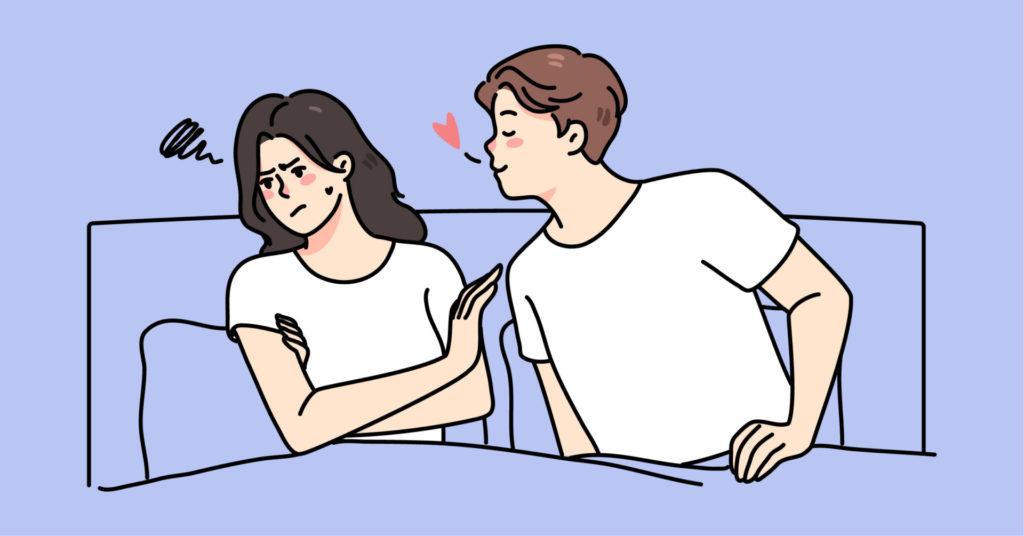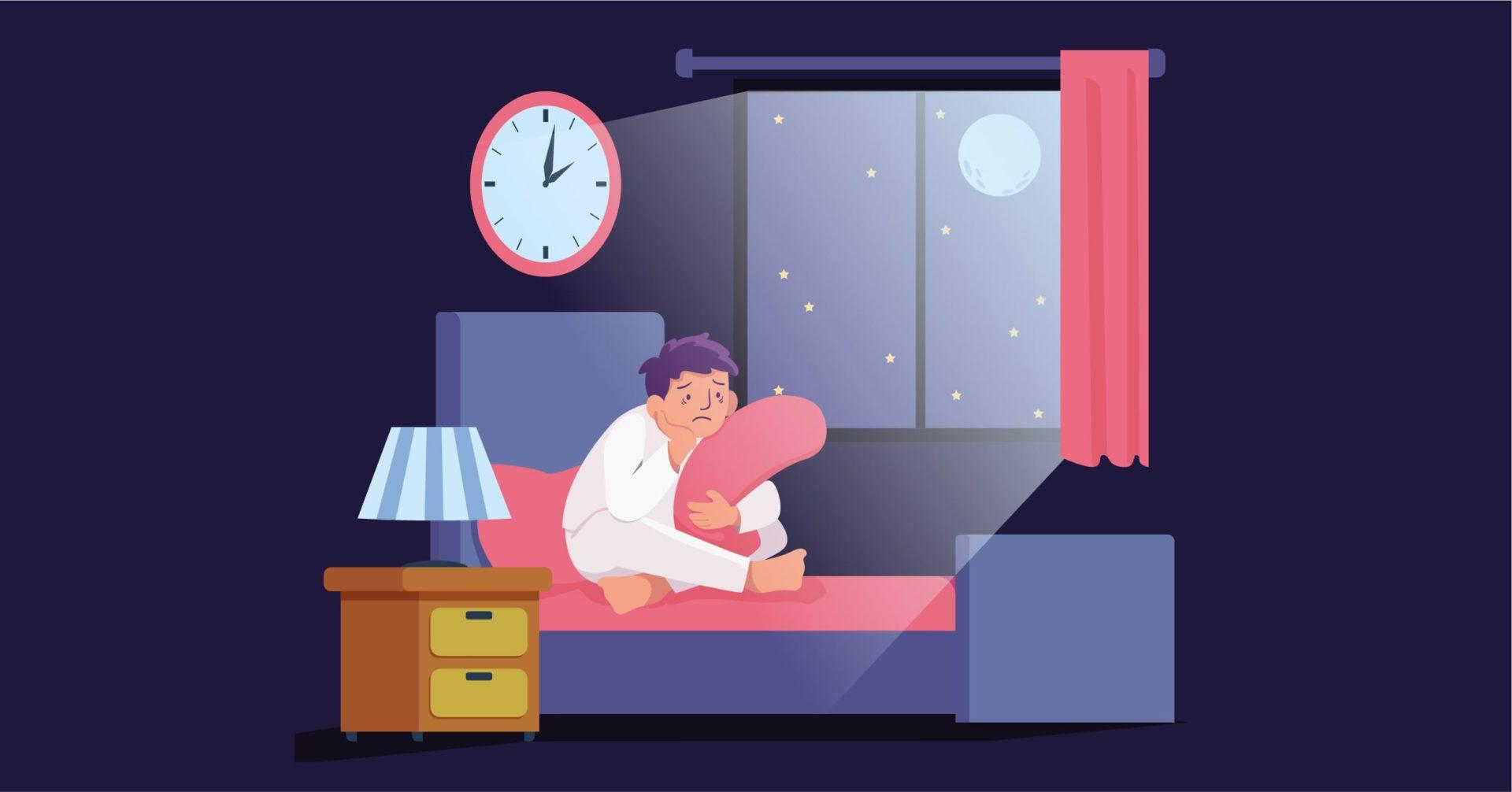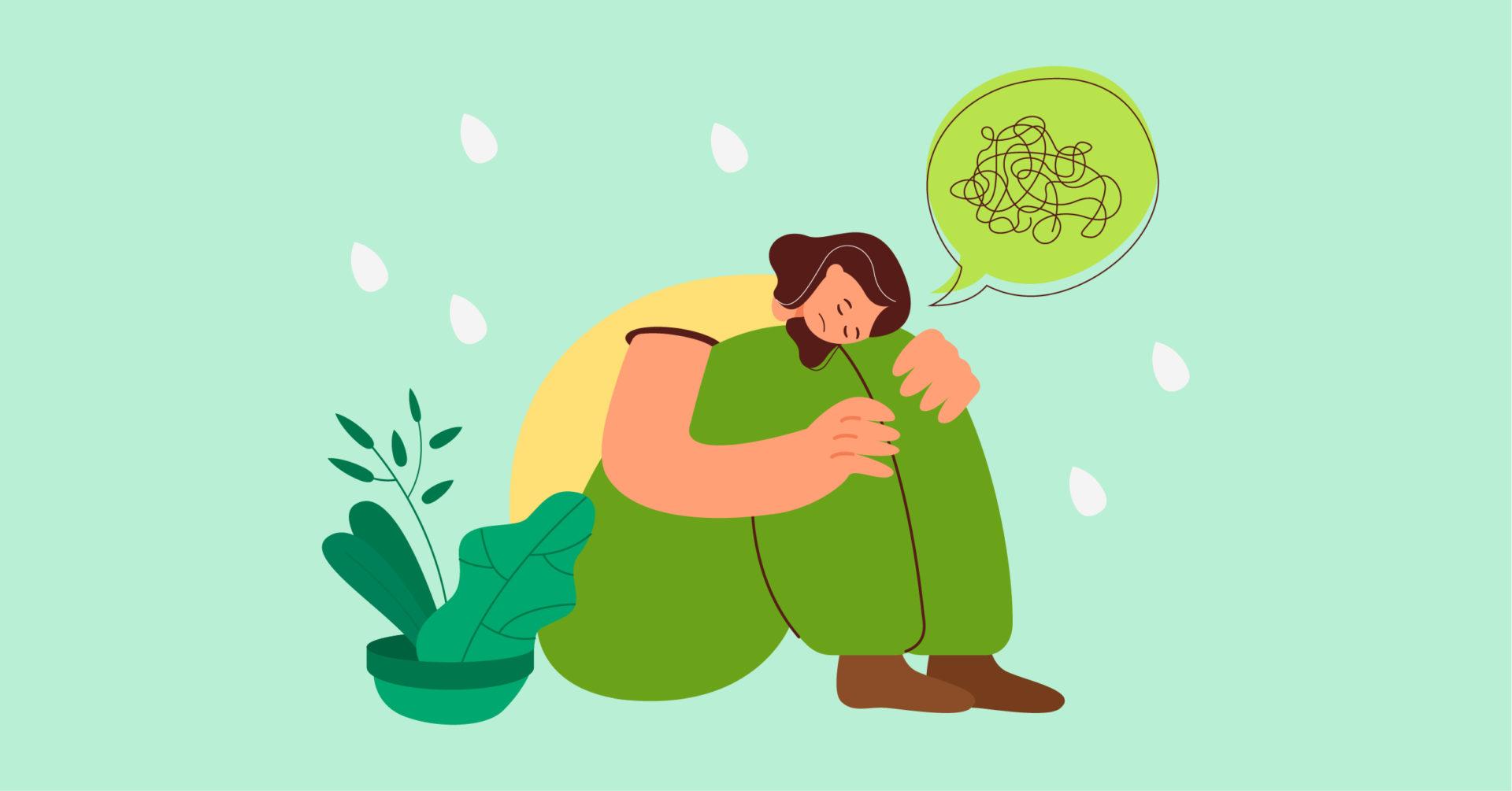Overview
Male sexuality is often regarded as natural and simple. However, it is multicausal and complex including numerous variables such as individual differences, cultural context, social expectations, etc.This disorder is an expression of that complexity. In Male Hypoactive Sexual Desire Disorder, the person does not or has fewer experiences of sexual desires, thoughts and erotic fantasies.
There are several factors such as partner satisfaction, medical issues, anxiety or depression that may affect sexual desire. However, in Male Hypoactive Sexual Desire Disorder, it is a consistent pattern of lack of sexual desire regardless of these issues and stays persistent for at least 6 months.
Causes include a reaction to sexual dysfunctions such as Erectile Disorder or Premature Ejaculation, unprocessed sexual trauma, social expectations of “perfect sex”, negative cognitions and attitude, a desire pattern of shame/arousal.
Men generally do not get the emotional space to explore their emotions. They are primarily expected to enjoy sex by the society. This puts undue pressure on them to perform in a manner where they are perfect. The focus turns from sexual intimacy and pleasure to performance and pressure causing loss of sexual desire.
They often feel embarrassed to approach a counsellor about this and may end up changing partners in hopes of discontinuing this pattern which only makes it worse. Sexual intercourse may be performed on the basis of low sexual desire but doesn’t bring absolute pleasure.
It may affect the relationships and the person’s feeling of adequacy.
Common Signs and Symptoms of Male Hypoactive Sexual Desire Disorder (HSDD)
The most common sign of Male Hypoactive Sexual Desire Disorder is complete absence or low sexual desire, drive, thoughts and fantasies.
It may secondarily cause the person distress in terms of shame and guilt by not meeting their partner’s expectations.
Risk Factors
Risk Factors associated with Male Hypoactive Sexual Desire Disorder includes genetic, environmental and temperamental factors.
Men with Male Hypoactive Sexual Desire Disorder often have mood or anxiety symptoms. A man’s feelings about himself, perception of partner’s availability and responsiveness are all related to sexual desire and may affect both ways, negative as well as positive.
Among gay men, there may be internalised homophobia causing lowered sexual desire. This does not indicate that every man with this disorder needs to be investigated as being homosexual. Other factors such as lack of proper sex education, attitude, societal attitude and expectations of male sexuality may affect sexual desire.
Genetic heritability is undetermined. However, men with endocrine disorders such as hyperprolactinemia, lower testosterone levels are all associated with lowered sexual desire. Age may also affect sexual performance and sexual desire.
Diagnosis of Male Hypoactive Sexual Desire Disorder (HSDD)
A couples therapist or a sex therapist are often approached for the treatment of Male Hypoactive Sexual Desire Disorder.
A number of factors need to be considered before giving a diagnosis. Partner’s sexual health and problems, relationship factors such as communication, poor body image, history of sexual abuse, anxiety, stress, cultural and religious factors, medical factors, etc. need to be considered before giving a diagnosis.
To be diagnosed with Male Hypoactive Sexual Desire Disorder, following criteria must be met:
- Low or absent sexual desire, thoughts or erotic fantasies.
- Must be present for at least 6 months.
- Causes significant distress in the individual.
Psychologists are to rule out other mental conditions or substance abuse. They are required to specify if the onset of the disorder is life long or acquired after normal sexual functioning.
Treatment for Male Hypoactive Sexual Desire Disorder (HSDD)
Generally, oral or external medication is prescribed along the lines of erection stimulants. However, this approach neglects a number of psychosocial factors that contribute to the disorder.
Psychotherapy, alongside partner’s support can be of great help in the treatment of Male Hypoactive Sexual Desire Disorder. One of the most effective methods is that of the “good enough” model. Here, the pressure to be perfect and meet sexual expectations is replaced with reinforcing sexual practices that involve deriving sensual intimacy through different acts of physical intimacy such as holding each other and bringing each other comfort. Sexual intimacy is more about desire and satisfaction than performing for the partner. The couple views each other as erotic friends where sex is genuine and intimate.
In cases where sexual abuse is causing lowered sexual desire, one should be on treatment for any PTSD and trauma related symptoms.
Differential Diagnosis
1. Nonsexual mental disorders: Nonsexual mental disorders, such as major depressive disorder may explain the lack of sexual desire. If the lack of desire is better explained by another mental disorder, then a diagnosis of male hypoactive sexual desire disorder would not be made.
2. Substance/medication use: Substance/medication use may explain the lack of sexual desire.
3. Another medical condition: If the low/absent desire and deficient/absent erotic thoughts or fantasies are better explained by the effects of another medical condition, then a diagnosis of male hypoactive sexual desire disorder would not be made.
4. lntepersonal factors: If interpersonal or significant contextual factors, such as severe relationship distress or other significant stressors, are associated with the loss of desire in the man, then a diagnosis of male hypoactive sexual desire disorder would not be made.
5. Other sexual dysfunctions: The presence of another sexual dysfunction does not rule out a diagnosis of male hypoactive sexual desire disorder; there is some evidence that up to one-half of men with low sexual desire also have erectile difficulties, and slightly fewer may also have early ejaculation difficulties. If the man’s low desire is explained by self-identification as an asexual, then a diagnosis of male hypoactive sexual desire disorder is not made.
Comorbidity
Depression, other mental disorders and endocrinological factors, are often comorbid with male hypoactive sexual desire disorder.
Specialist
Sex therapists and couples therapist help in the treatment of this disorder.
In Conclusion
In contrast to other disorders, the direct physiological effects of a substance (medicine), or a general medical condition, HSDD is characterized by a continuous or recurrent lack of sexual fantasies and the desire for sexual activity that produces significant distress.
This disorder can cause problems in relationships and further increase stress and anxiety. It is important to understand and get to the root cause of HSDD in order to prevent it from being a part of life. For example, if a person has troubles in a relationship, it can trigger HSDD. Thus, it is important to start early counseling to avoid long-term problems in sexual activities and relationships.
Book a session with us today.





